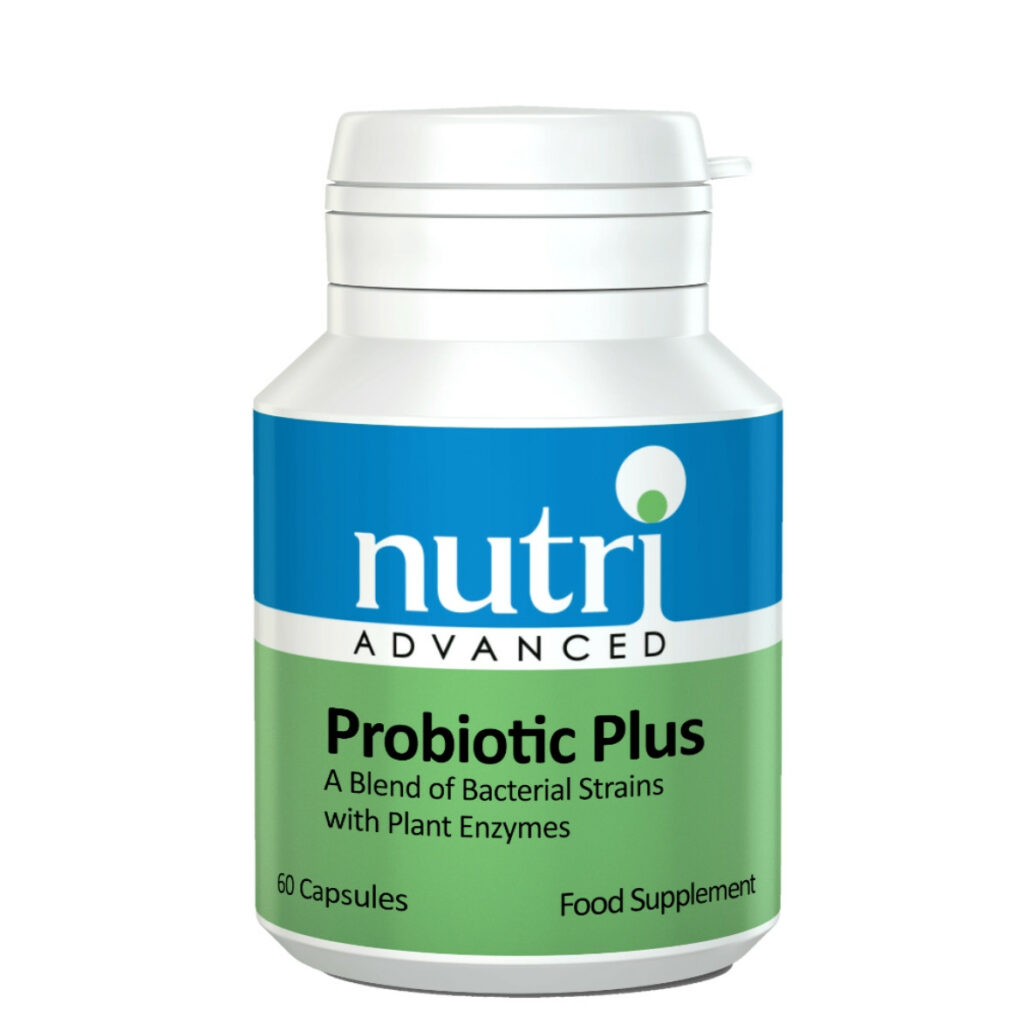
As the summer ends the temperature drops and half of Liverpool return from Ibiza and other summer holidays, illness increases. As more and more people get sick the need for antibiotics increases but the side effects can be a pain in the arse – literally.
Probiotic supplements containing strains of gut-friendly bacteria can really help to prevent and treat an especially common side effect of antibiotic use: diarrhoea.
As a colonic hydrotherapist I’m constantly talking about people’s toilet habits and many of my clients still get embarrassed by diarrhoea but we all suffer from it at sometime.
Antibiotics can clear an infection but they sometimes wreak havoc by killing beneficial intestinal bacteria in the process. Probiotic supplements aim to minimise the damage by providing friendly bacteria or yeasts to replace what is lost during antibiotic treatment and to prevent colonization by harmful microbes.
Data received by my official body showed results of data from 82 studies in which people receiving courses of antibiotics for a wide range of infections were also treated with probiotics. Most of the studies used lactobacillus species, alone or in combination with other bacteria, but a few used a beneficial yeast called Saccharomyces boulardii.
Probiotics make antibiotics more tolerable
When the researchers analysed the combined data, they found the following:
People taking a probiotic supplement were 42% less* likely to develop antibiotic-associated diarrhoea compared to people using no supplement or placebo.
The various strains of bacteria and yeasts used in the probiotics were all similarly effective.
Probiotics were equally helpful in children and adults.
People benefited similarly from probiotics regardless of the nature of the original infection for which antibiotics were given.
Probiotics for good health
In addition to preventing antibiotic-associated diarrhoea, probiotics can be helpful for a range of other conditions.
Here are some other reasons to take probiotic supplements:
Yeast infections.
Probiotics are useful for preventing and treating yeast infections such as yeast vaginitis, thrush, and intestinal candidiasis.
Irritable bowel syndrome (IBS).
Probiotic supplements can reduce IBS symptoms like bloating, abdominal discomfort, and bowel irregularity.
Inflammatory bowel disease.
Both Crohn’s disease and ulcerative colitis cause changes in the intestinal wall that make it hard for healthy bacteria to thrive. Many people with these conditions benefit from supplementing with probiotics.
Colds and flu.
Supplementing with probiotics strengthens immune function and prevents all kinds of infections, even colds and flu.
*The research and results information commented by Maureen Williams, ND, who completed her doctorate in naturopathic medicine at Bastyr University in Seattle and has been in private practice since 1995. With an abiding commitment to access to care, she has worked in free clinics all over the world.
Image credit Trainer Academy (https://traineracademy.org/)
For more information on gut health and an assessment please contact Joanne Willcox
01244 470 707
joanne@joannewillcox.com
Founder of Joanne willcox clinics of Cheshire is a well known colonic hydrotherapist .
She has successfully runs 3 detox clinics in Chester and Liverpool and has done for over 20 years.
For over 16 years Joanne has ran a monthly detox retreat every month at crabwall manor hotel and spa… to help recharge and restore both the mind and the gut.
Joanne is a master NLP practioner and member of ARCH and British naturopathic association,, also qualified in Chinese medicine.
Joanne encourages her clients to practice her holistic approach at home.
Her healing juices and balancing skin care range do just that.
Joanne’s office is always there for support and advice, she tells us, even after treatments.